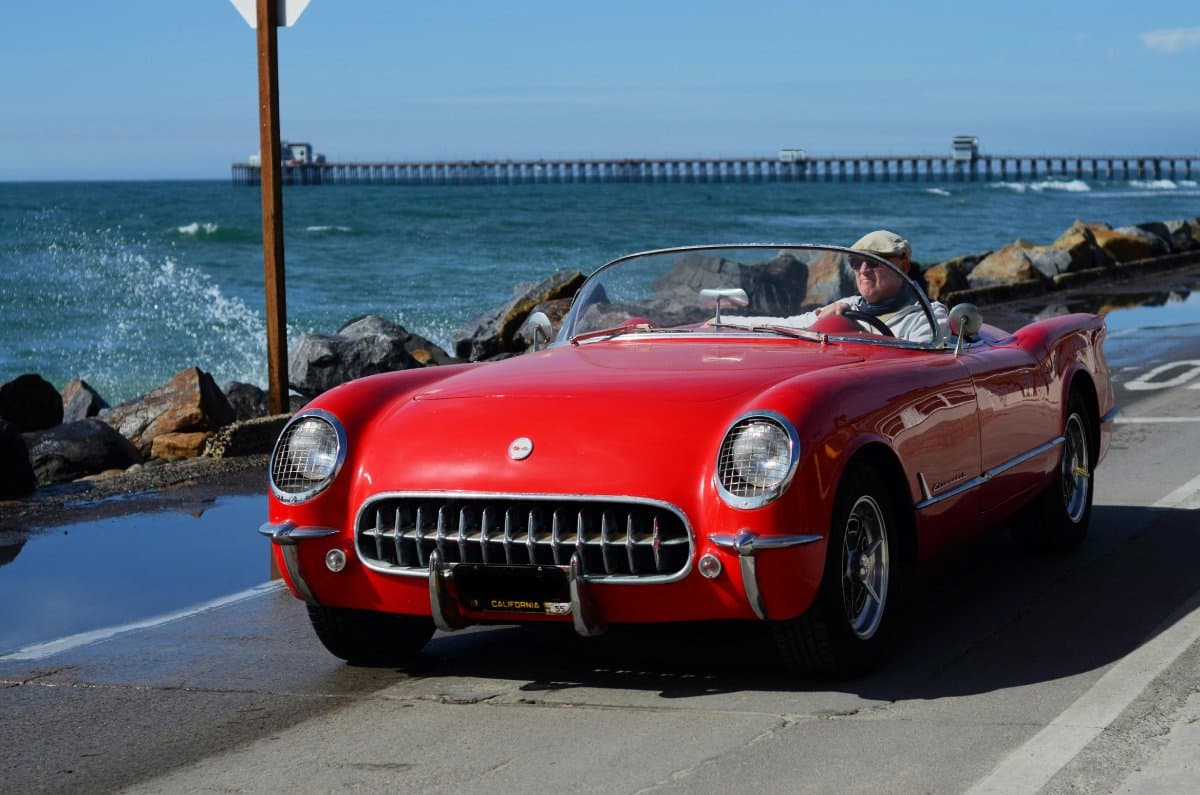Who doesn’t love a good car disaster story? The American automotive industry, a beacon of innovation and success, has also had its share of flops that resonated globally. Ever wondered which US cars were laughed off the stage? Or perhaps, which ones you should avoid if you’re keen on both safety and retaining your sanity? This isn’t just a nostalgic trip down memory lane—it’s a lesson in how not to make a car. From notorious fire hazards to baffling design blunders, we dive into the sordid details of the 25 worst cars that the United States has ever produced. Buckle up, because you’re about to see how bad some rides can really get.
1. 1971 Ford Pinto

The Ford Pinto became synonymous with automotive failure due to its explosive safety issue: the fuel tank could ignite upon rear impact. Despite its affordability, the risk of fiery accidents turned it into a public relations nightmare.
2. 1982 Cadillac Cimarron

The Cadillac Cimarron was an ill-fated attempt to enter the compact luxury market, but all it did was package a Chevrolet Cavalier in a thin veil of luxury. The move diluted Cadillac’s brand value and upset both entry-level and loyal luxury buyers.
3. 1979 Oldsmobile Cutlass Supreme Diesel
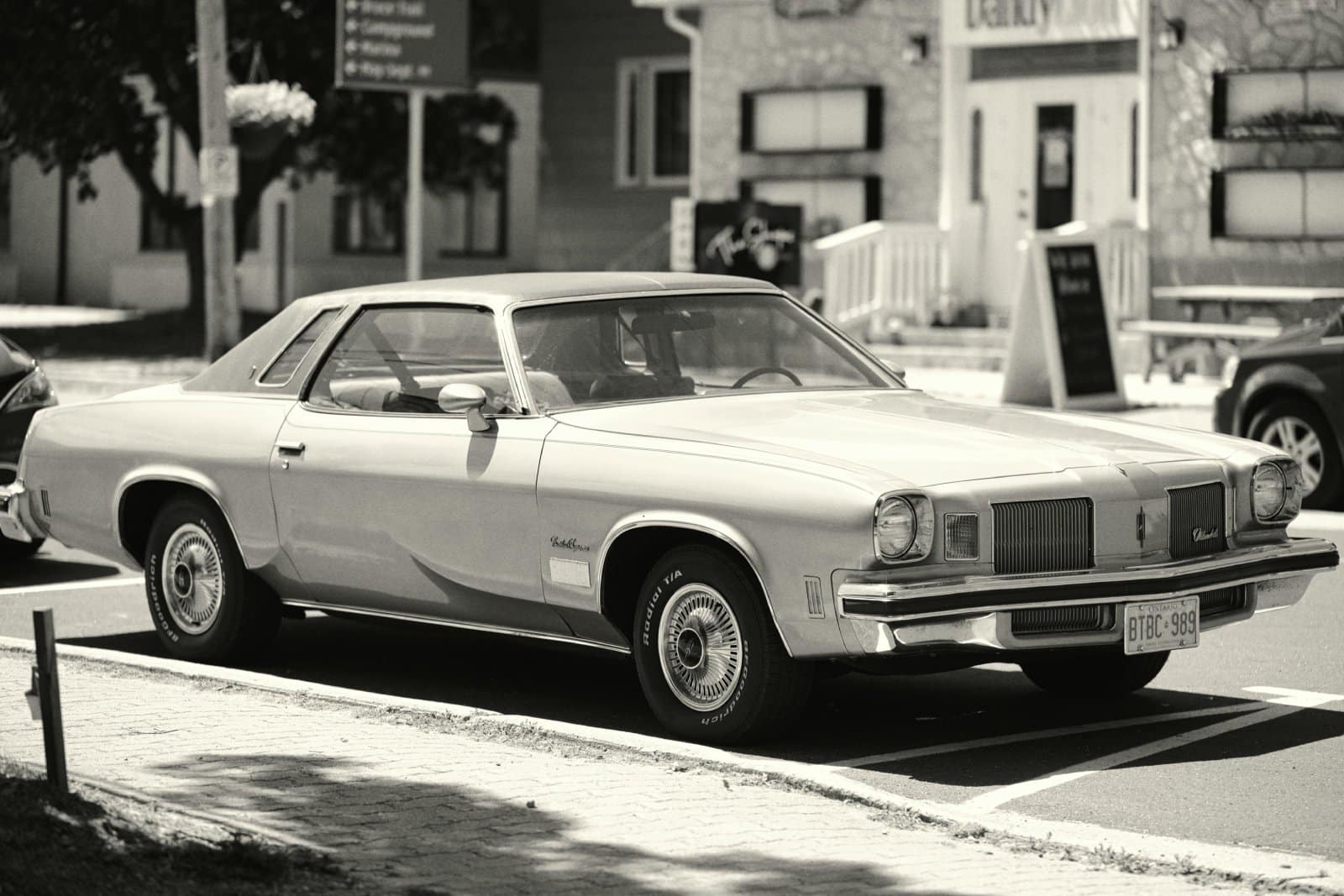
In an era of oil crises, the Oldsmobile attempted a diesel engine that unfortunately became notorious for reliability issues. Engine failures and poor performance made it one of the most reviled models of the period.
4. 2001 Pontiac Aztek
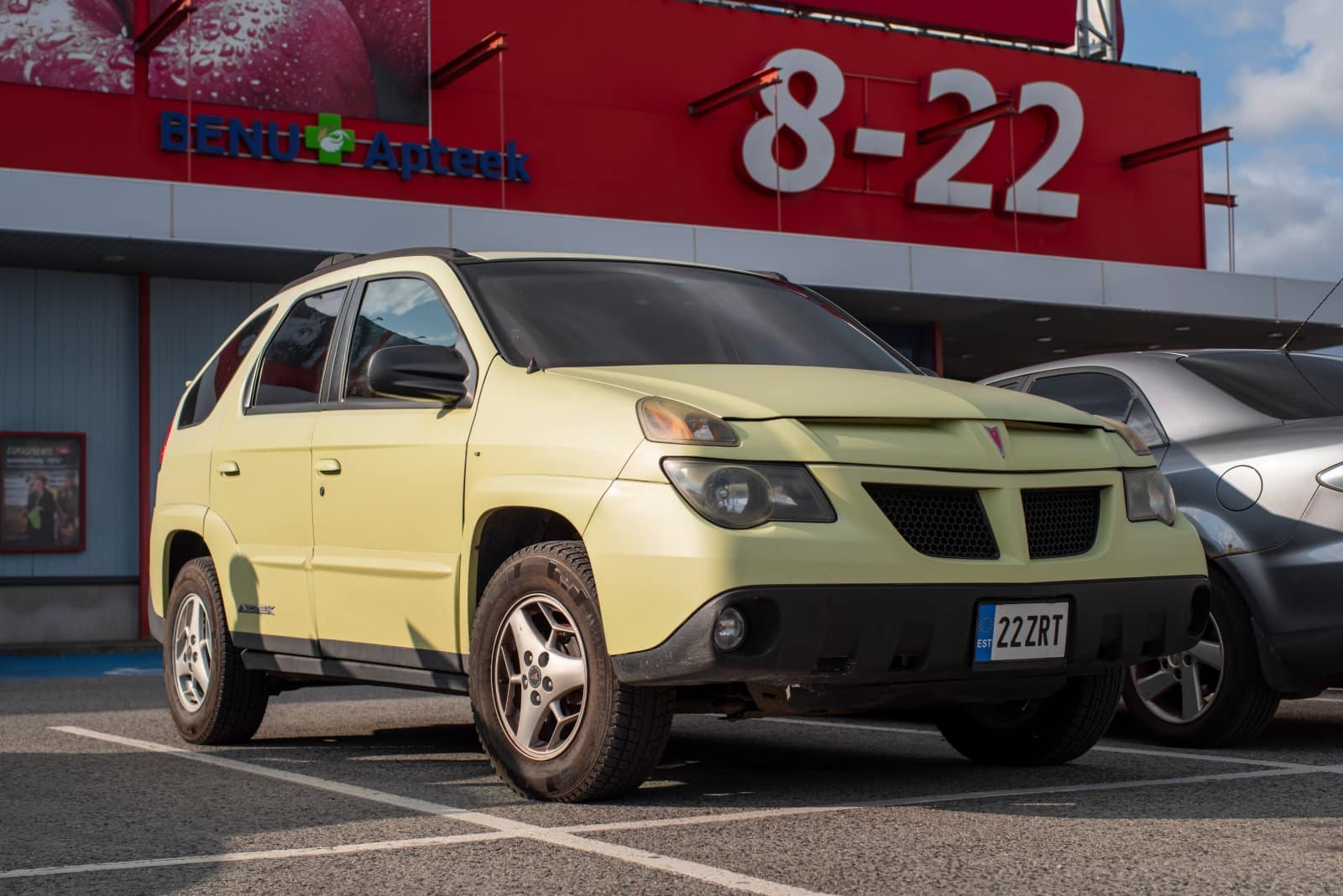
Often cited as one of the ugliest cars ever made, the Pontiac Aztek’s design was as controversial as it was disliked. Its attempt to cater to outdoor enthusiasts didn’t redeem its poor aesthetics and subpar performance.
5. 1974 Ford Mustang II
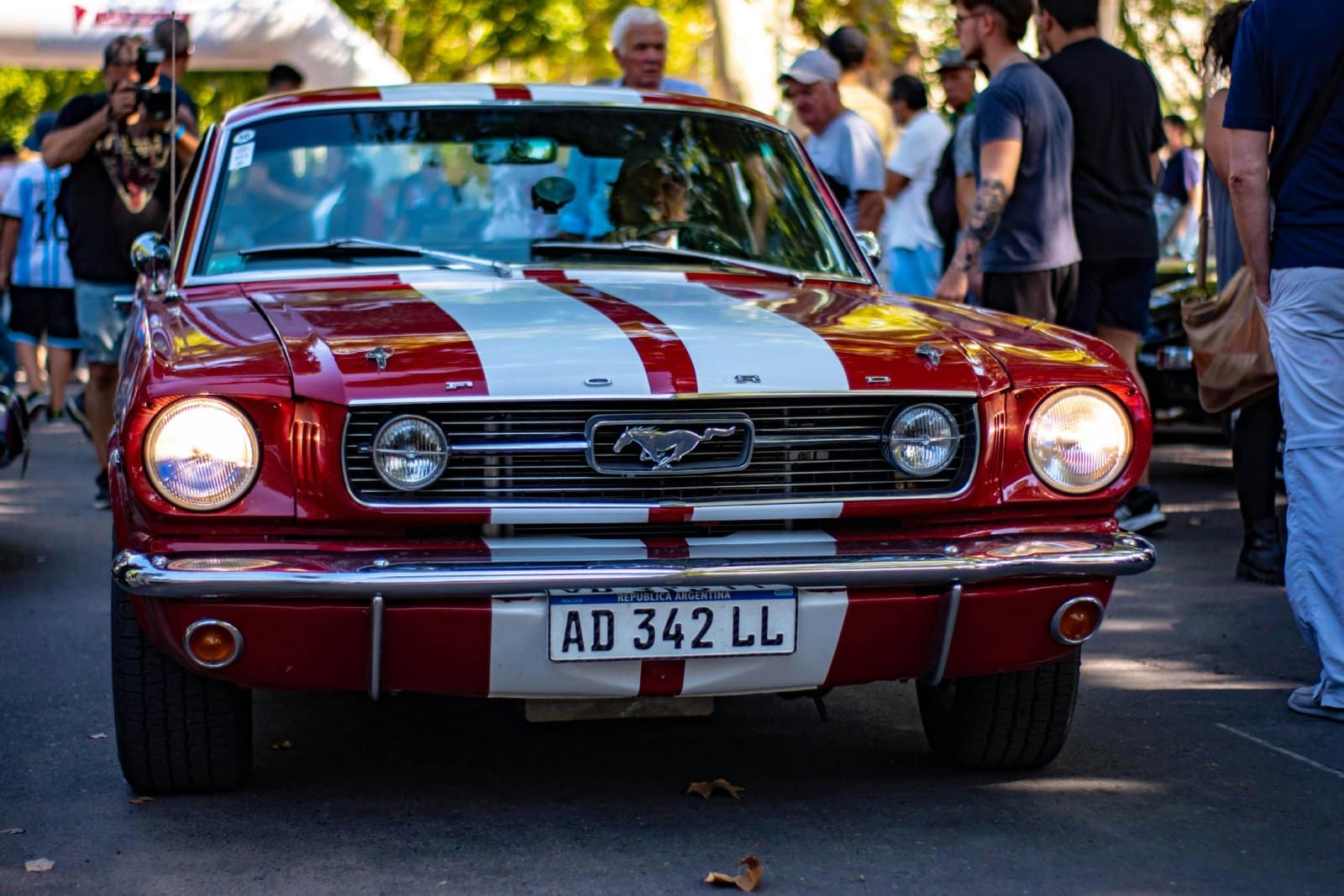
Born during the oil embargo, the Mustang II was a down-sized version that shared more with the Pinto than its muscular predecessor. It disappointed fans with its lackluster performance and is often seen as a low point in Mustang history.
6. 1958 Edsel Corsair
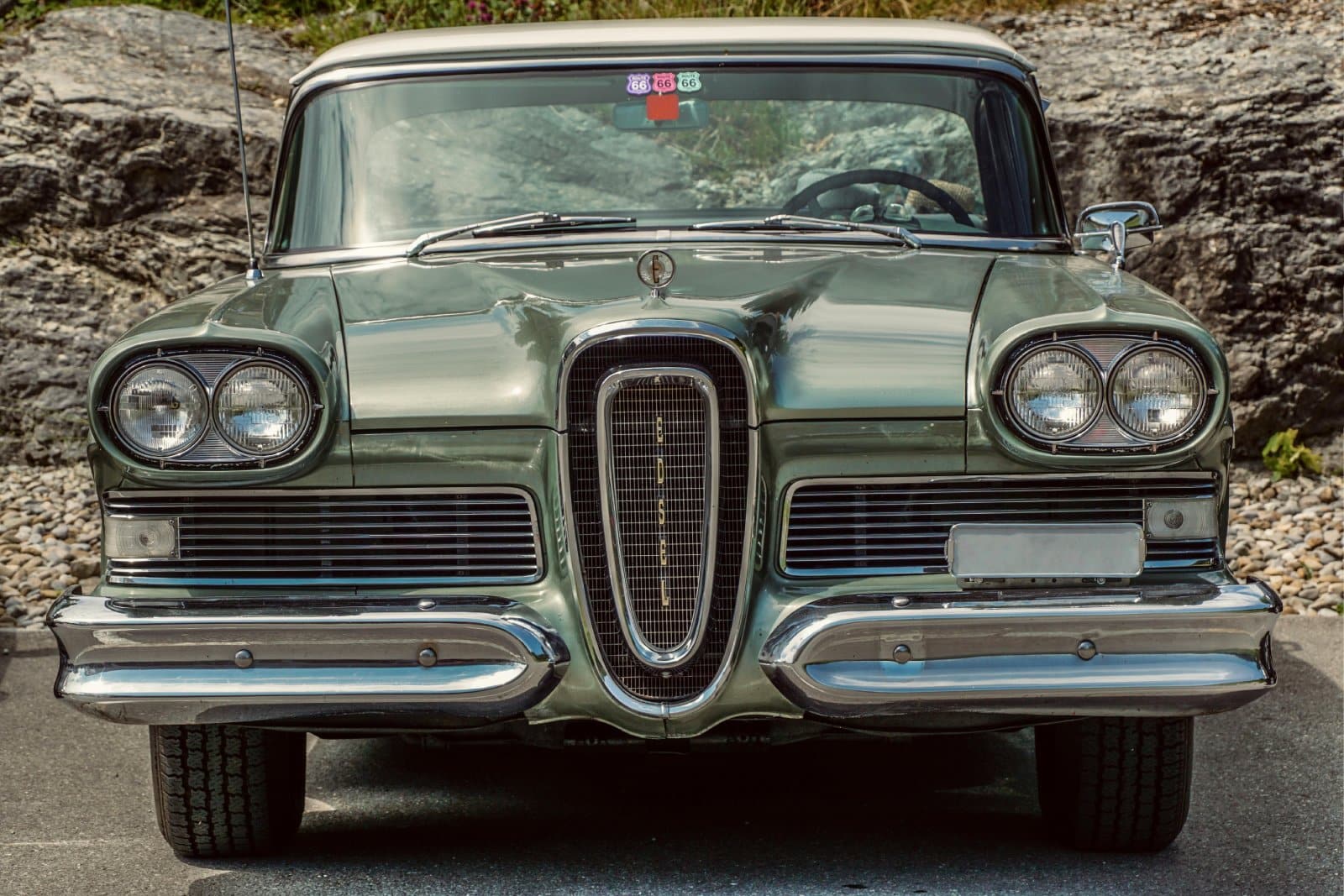
Ford’s Edsel Corsair is a classic case of misreading market needs. With its strange styling and dubious name, it failed spectacularly, becoming a textbook example of marketing failure.
7. 1997 Plymouth Prowler

The Plymouth Prowler looked like a hot rod but lacked the performance to back its styling. Criticized for having only a V6 and an automatic transmission, it left enthusiasts underwhelmed.
8. 1980 AMC Pacer
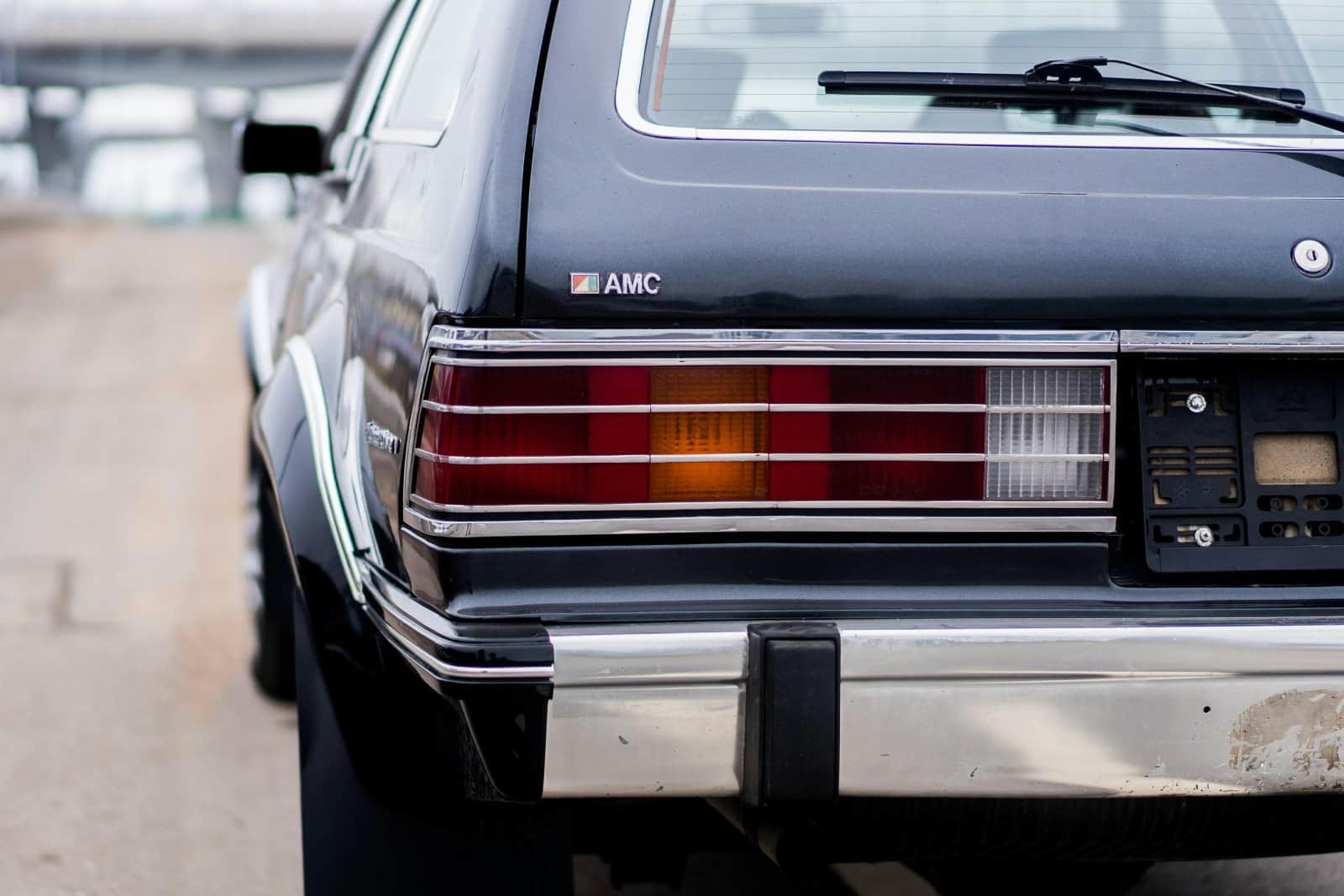
The AMC Pacer’s wide body and unusual styling were meant to be futuristic but ended up alienating consumers. Its poor driving dynamics and reliability issues didn’t help either.
9. 2003 Hummer H2

The Hummer H2 was criticized for being overly bulky and impractical in urban settings, not to mention its terrible fuel economy. It became a symbol of automotive excess and environmental disregard.
10. 1976 AMC Gremlin
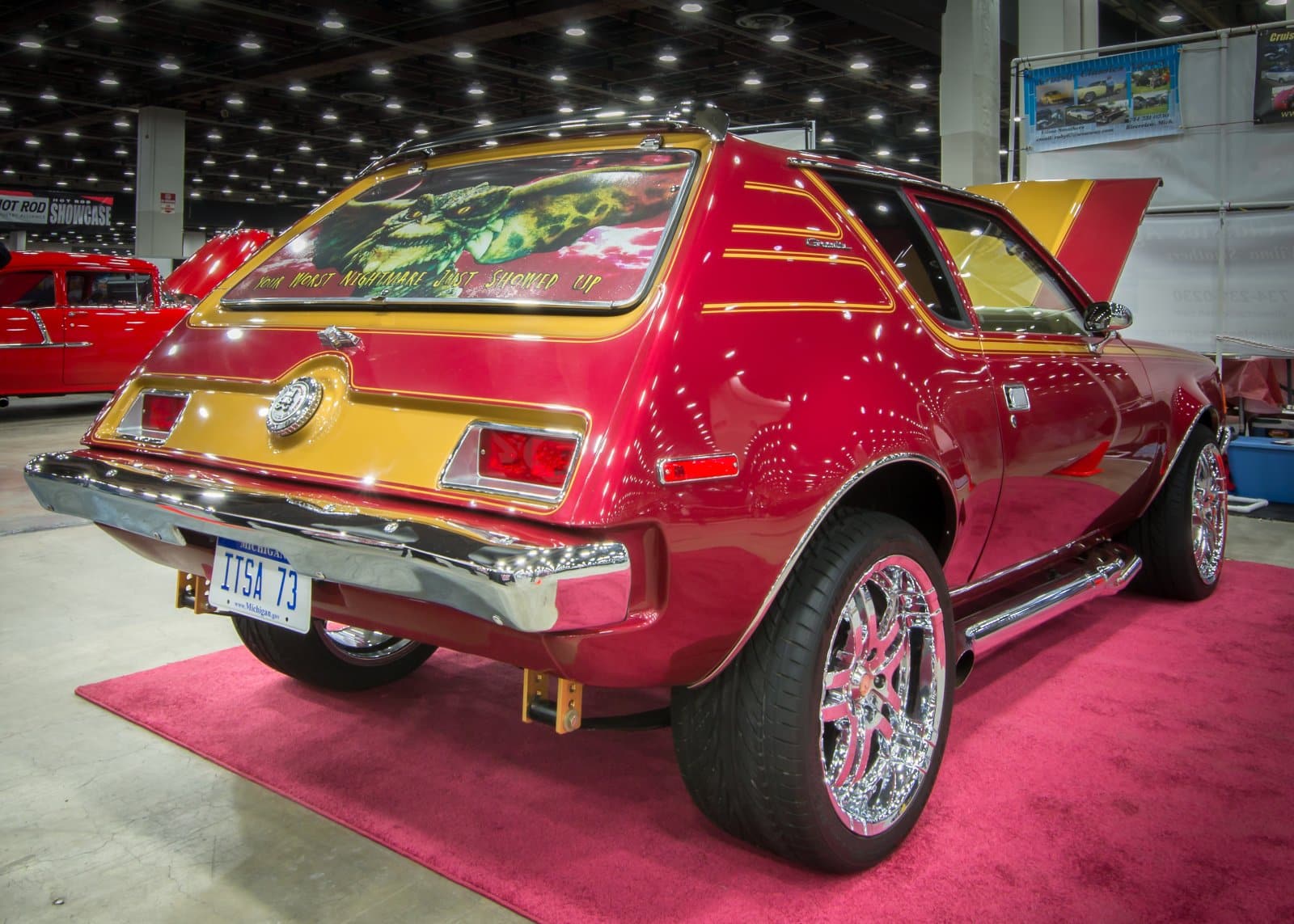
The AMC Gremlin was marketed as a compact economy car but was let down by its odd proportions and substandard reliability. It quickly became a joke among car buyers.
11. 1991 Chevrolet Caprice Classic
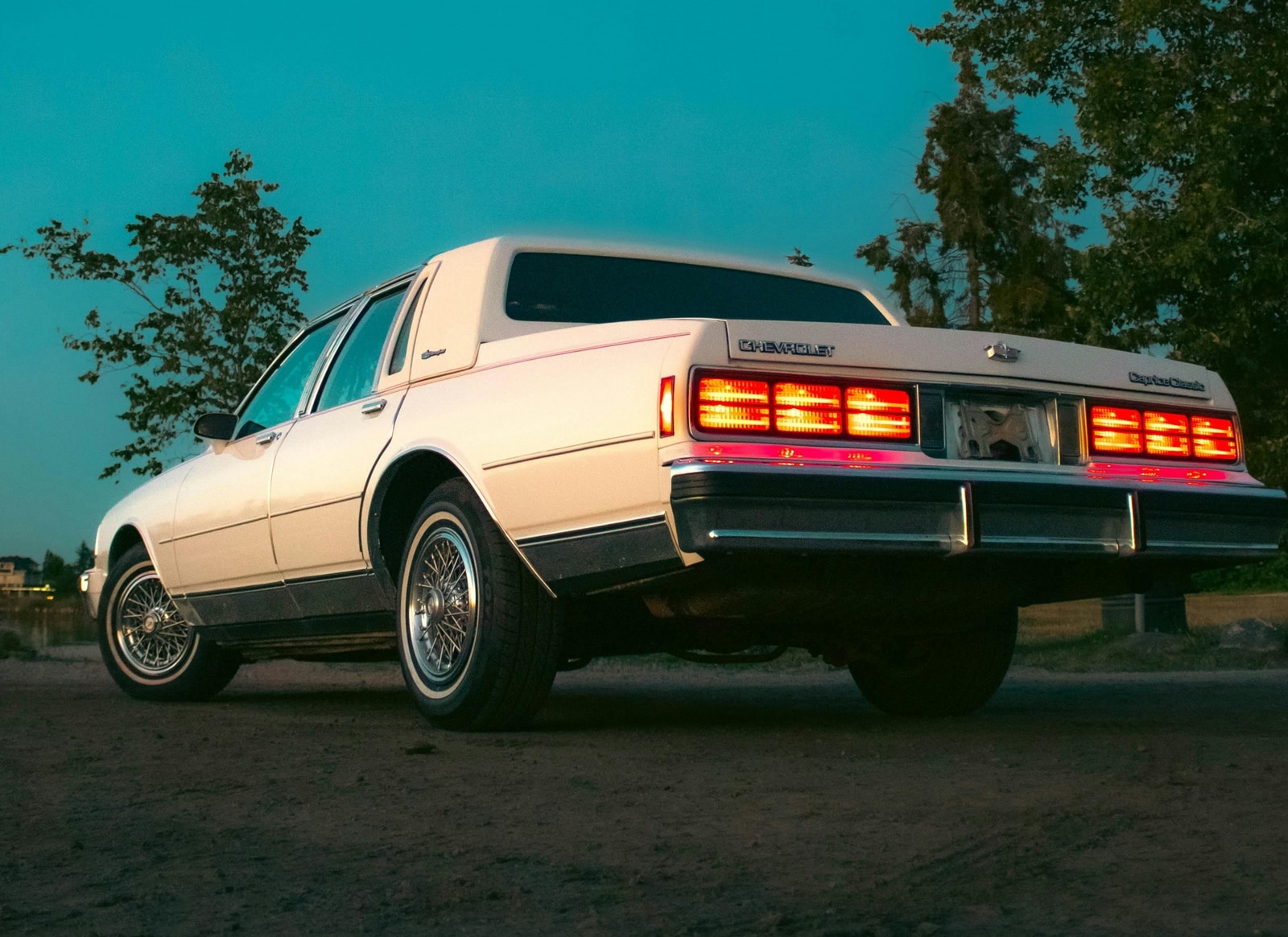
A redesign in 1991 gave the Chevrolet Caprice Classic a bulbous, unattractive look that was widely panned. It was far removed from its predecessors’ more respected designs.
12. 1971 Chevrolet Vega

Despite initial high sales, the Chevrolet Vega was plagued by corrosion problems and engine reliability issues that destroyed its reputation over time.
13. 1985 Renault Alliance
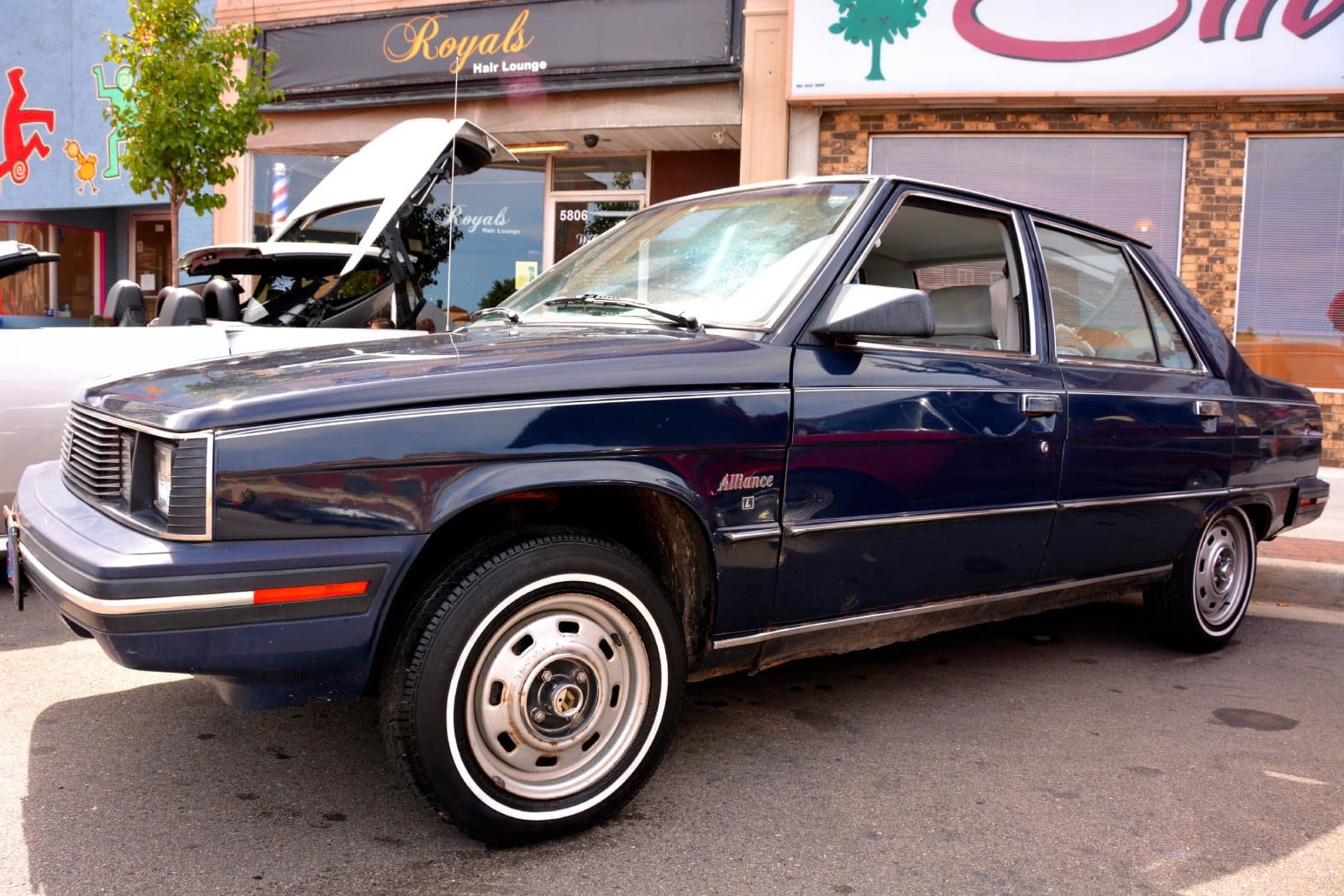
Marketed in the US by AMC under the Renault brand, the Alliance was initially well-received for its affordability. However, quality and reliability issues soon tarnished its reputation severely.
14. 2002 Ford Explorer
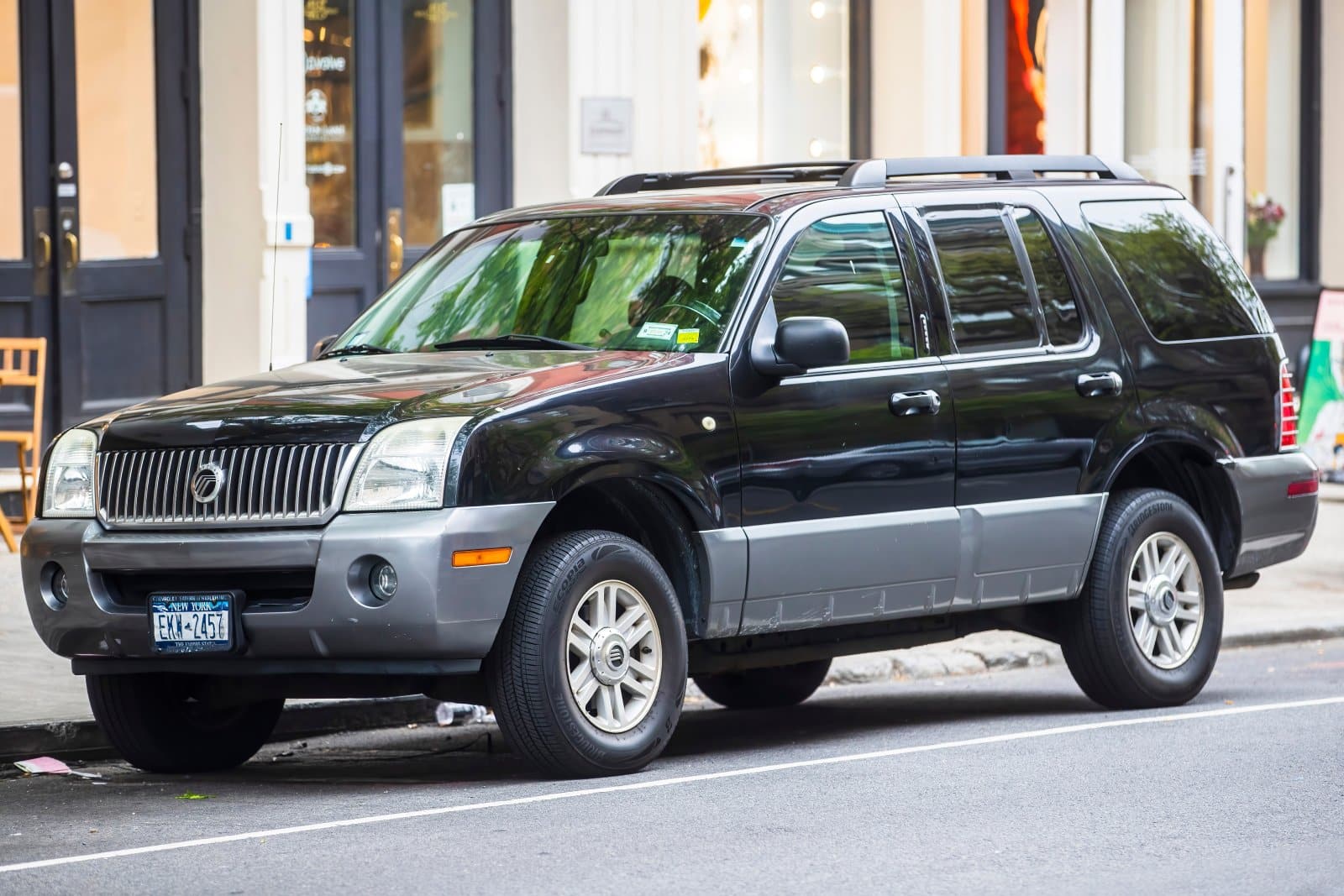
The 2002 Ford Explorer faced massive recalls and criticism due to its role in numerous rollover accidents attributed to tire failures. It raised serious questions about SUV safety standards.
15. 1986 Hyundai Excel
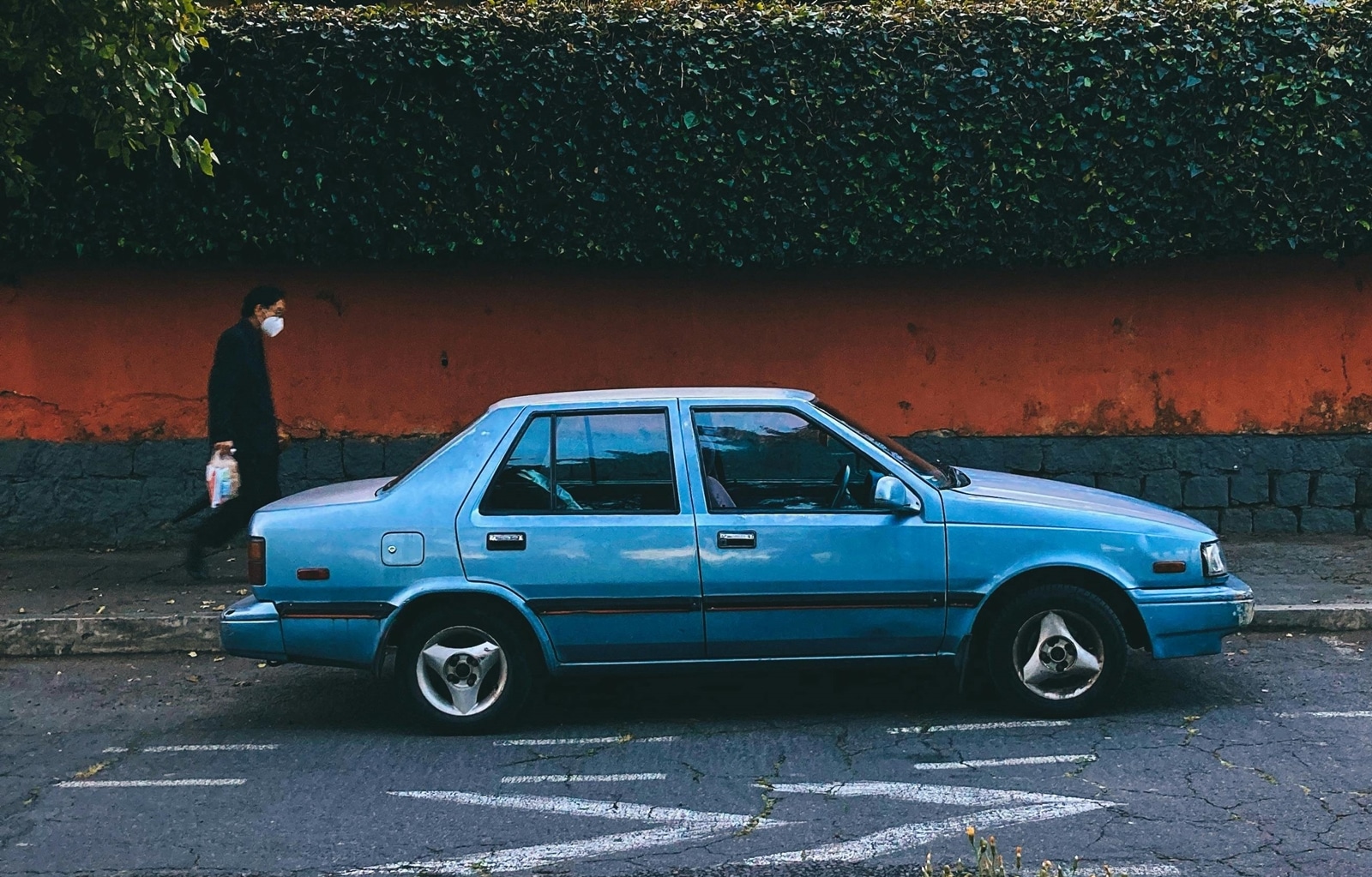
Hyundai’s first foray into the US market with the Excel was marred by a car that quickly became known for its poor quality and frequent breakdowns, although the brand later dramatically improved its reputation.
16. 2011 Fisker Karma
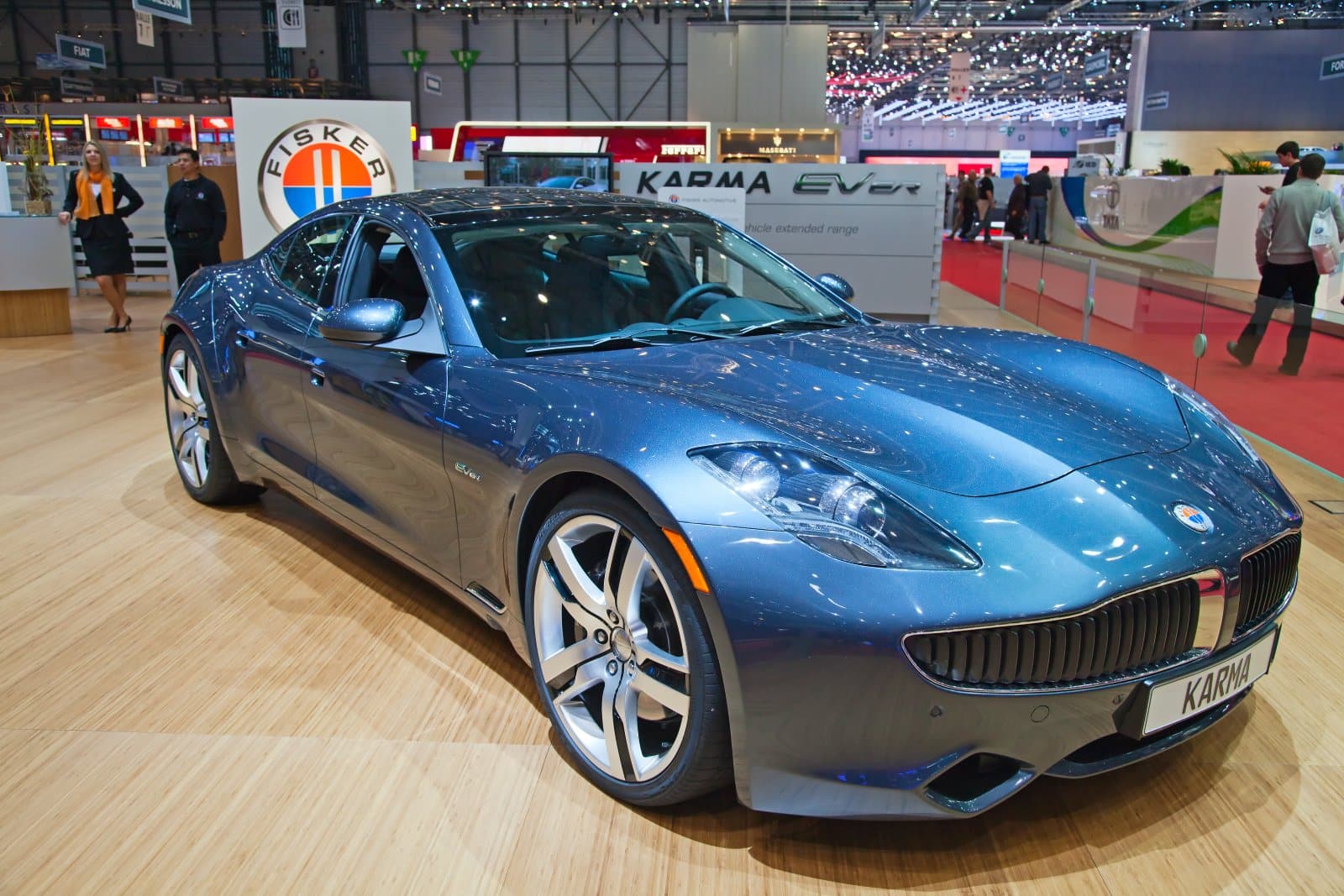
The Fisker Karma was a plug-in hybrid with a luxury pitch, but it suffered from quality control issues, including a high-profile battery recall that hurt its credibility.
17. 1978 Dodge Aspen
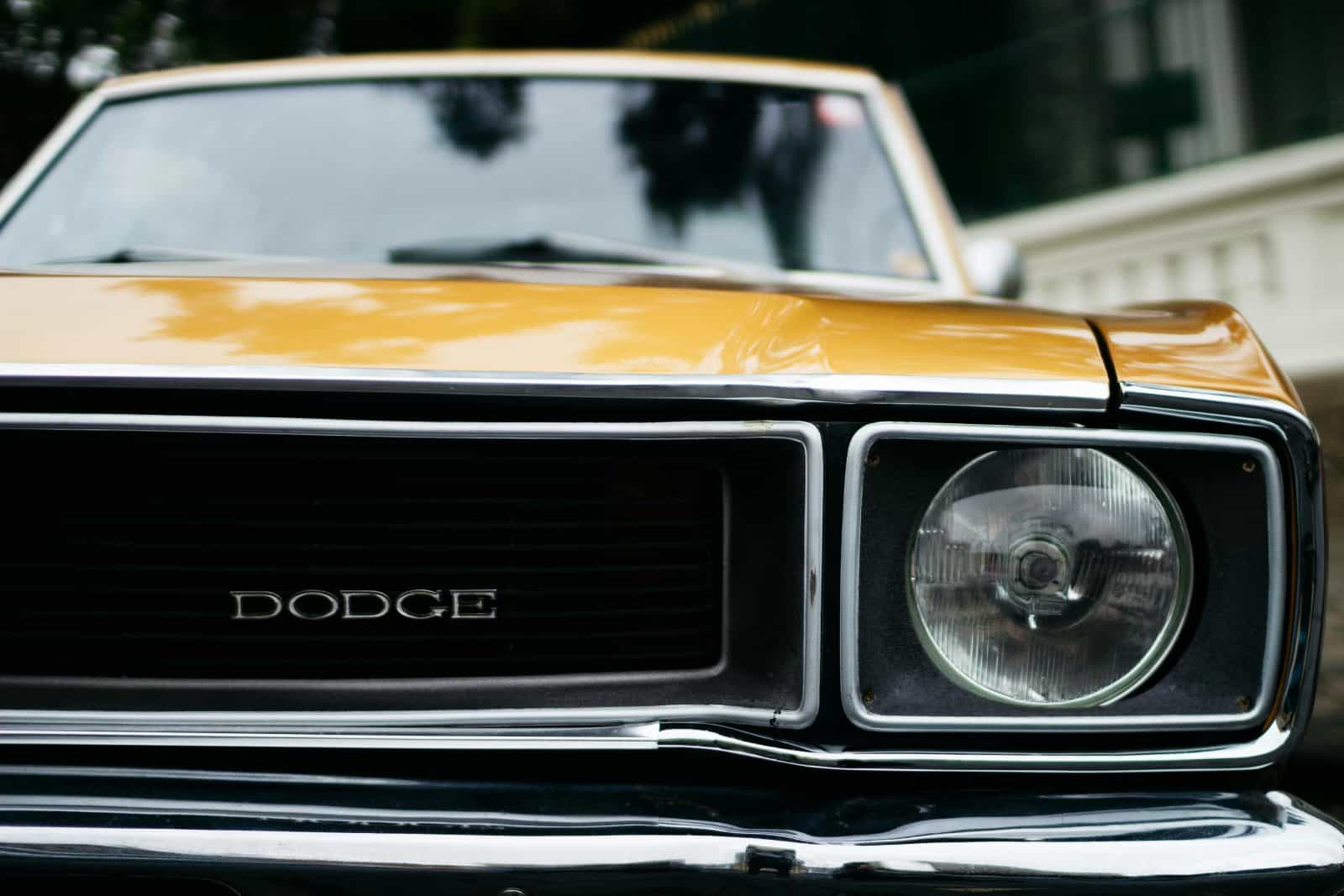
The Dodge Aspen experienced numerous recalls due to various mechanical failures, quickly becoming a symbol of poor American automotive engineering during the late 1970s.
18. 1998 Chevrolet S-10 Electric
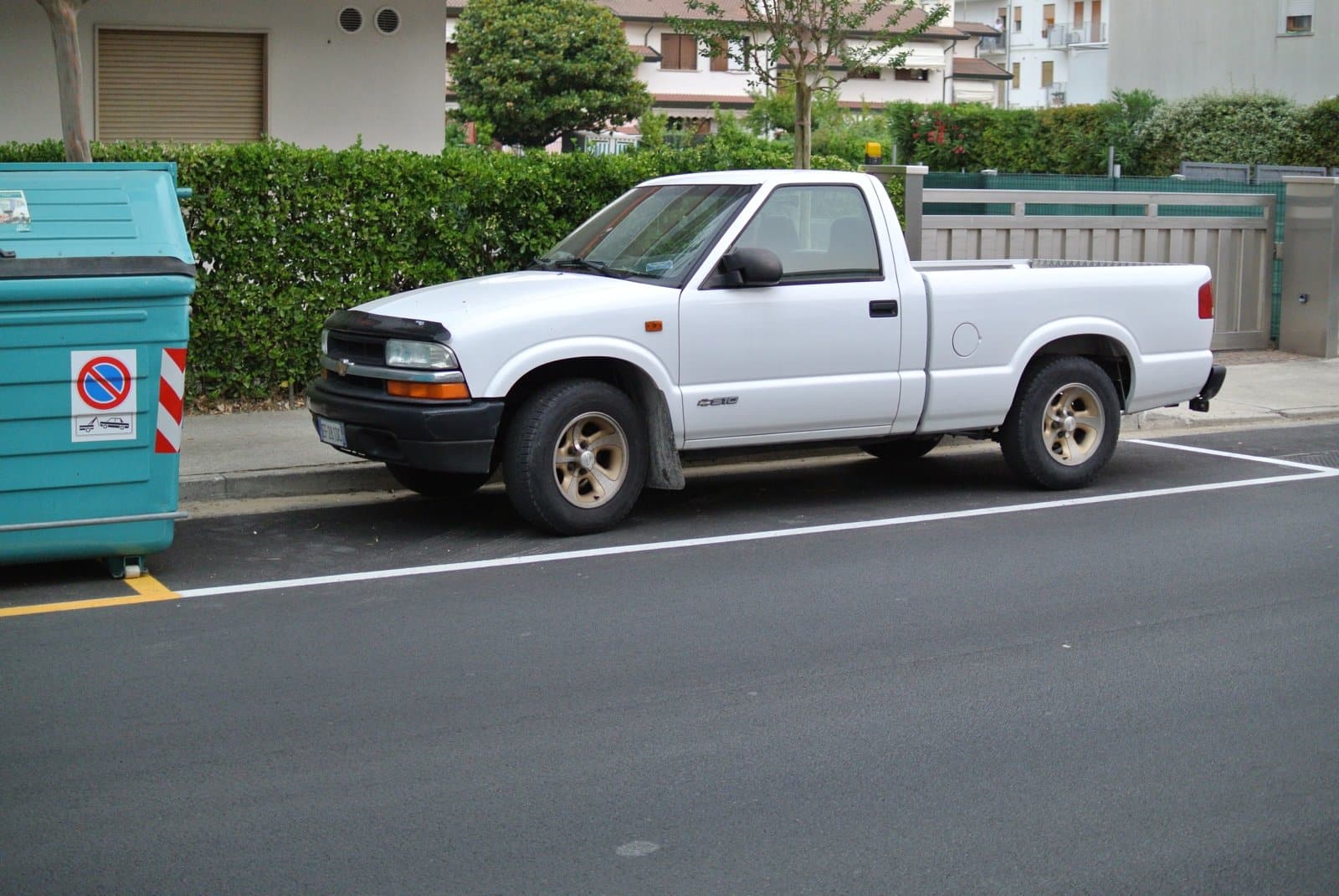
The Chevrolet S-10 Electric was an early attempt at an electric vehicle but suffered from limited range and a lack of consumer interest, making it a commercial failure.
19. 1975 Bricklin SV-1

The Bricklin SV-1 was meant to be a safety sports car but was let down by a high price tag, poor build quality, and reliability issues that made it unviable in the market.
20. 1989 Dodge Dynasty
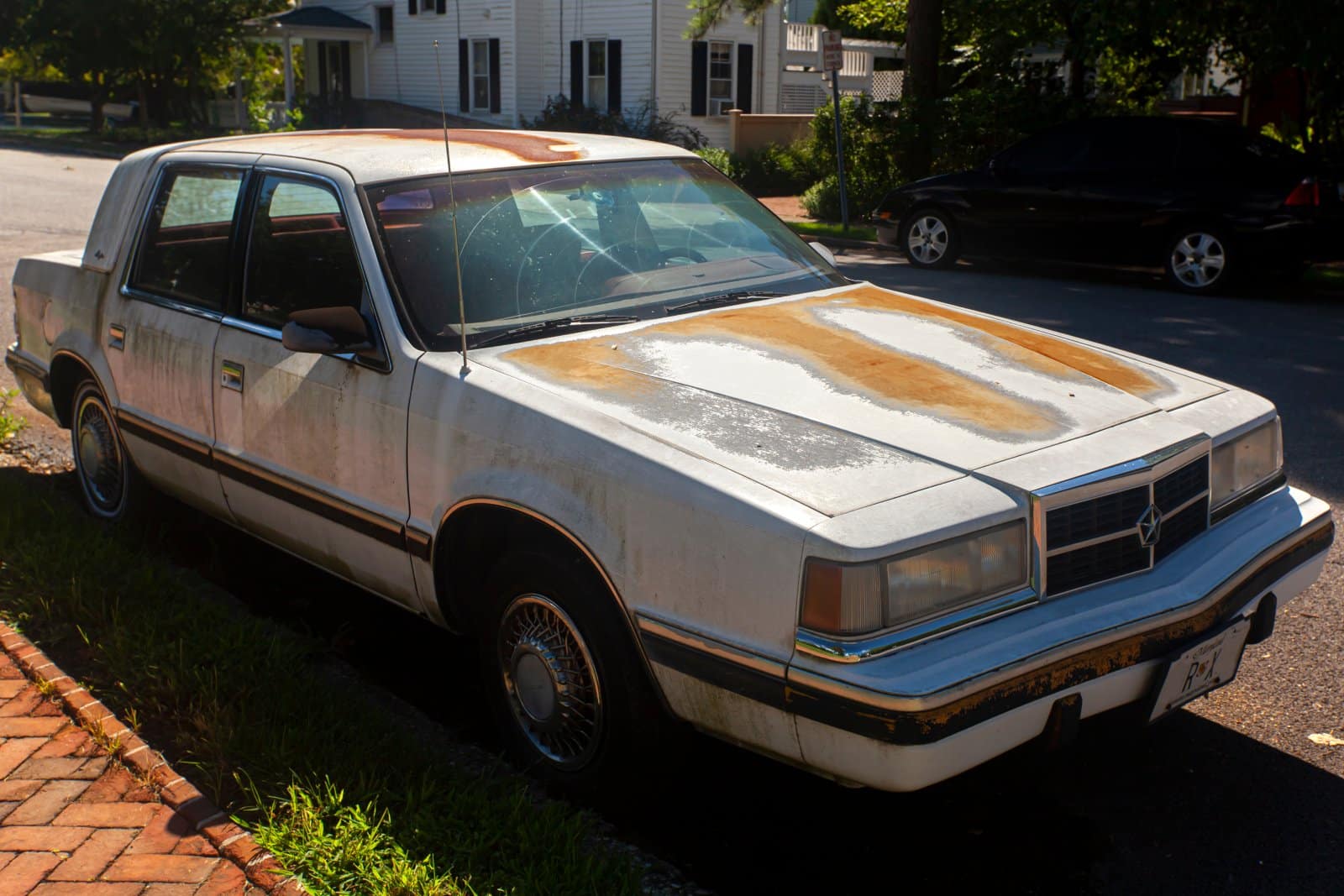
The Dodge Dynasty tried to offer luxury on a budget but ended up delivering a bland design and mediocre performance that left it forgotten by most car enthusiasts.
21. 1970 AMC Ambassador

The AMC Ambassador was an attempt to compete in the luxury car market but failed due to its poor performance and outdated styling, quickly falling out of favor.
22. 1981 DeLorean DMC-12

While iconic due to its appearance in “Back to the Future,” the DeLorean was plagued by performance issues and a high price tag, making it a flop in terms of sales.
23. 1990 Lincoln Town Car
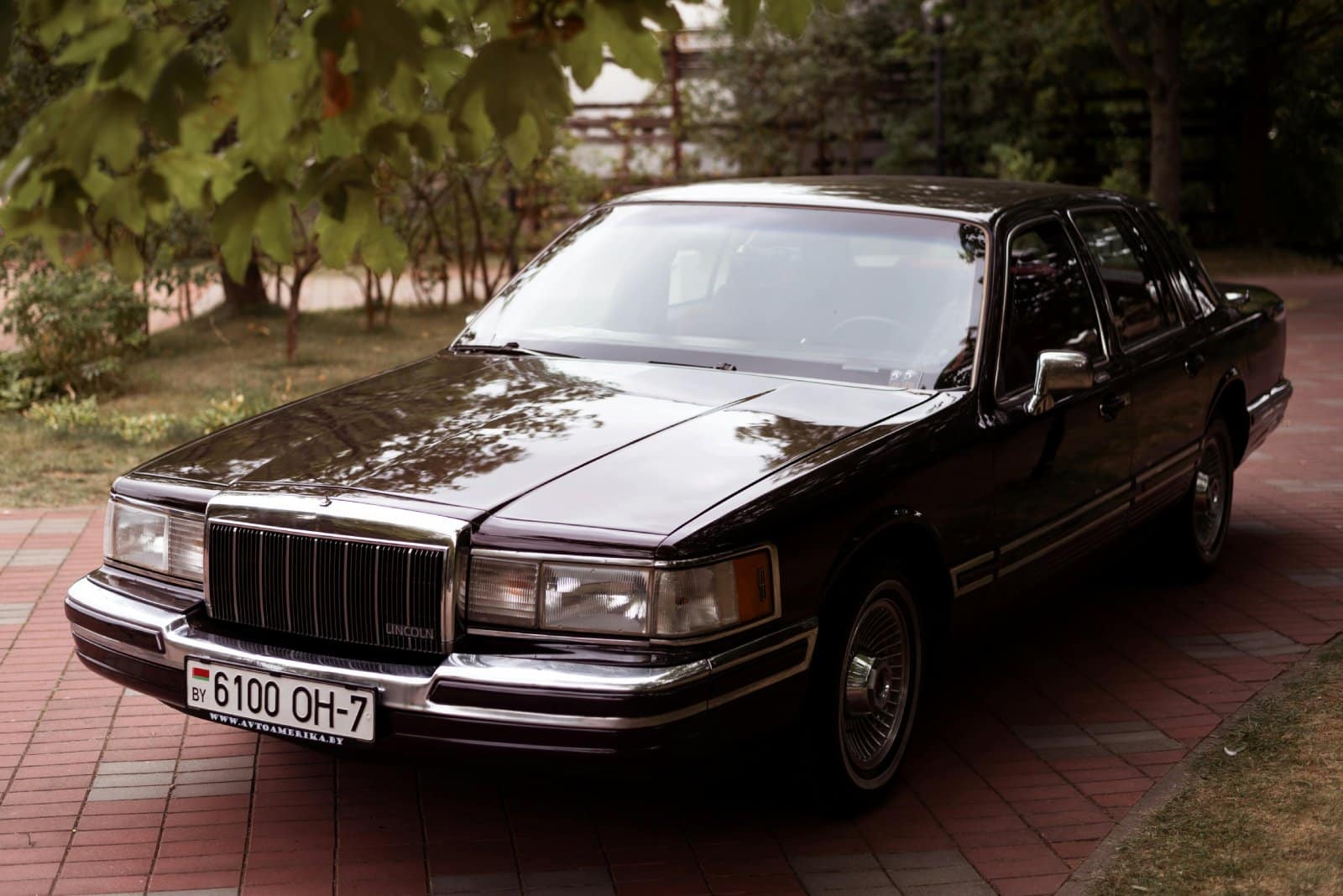
The 1990 redesign of the Lincoln Town Car was criticized for its boxy styling and lack of innovation, which aged it prematurely in the eyes of the public and critics alike.
From Lemons to Lessons

The tales of these automotive missteps offer more than just a chuckle at past failures—they serve as poignant reminders of the challenges in car design and the harsh realities of market demand. Each model tells a story of ambition, often unrestrained by practicality or consumer desires. So, next time you lament about your car, remember—it could have been one of these.
The post 25 Cars That Flopped in the U.S. Market first appeared on Wealthy Living.
Featured Image Credit: Pexels / Alfredo Collazo.
The content of this article is for informational purposes only and does not constitute or replace professional financial advice.
For transparency, this content was partly developed with AI assistance and carefully curated by an experienced editor to be informative and ensure accuracy.

